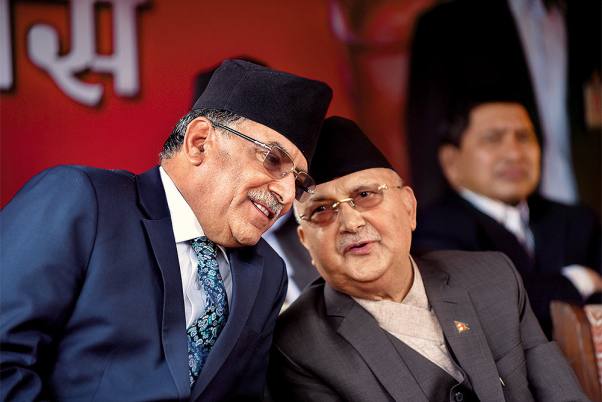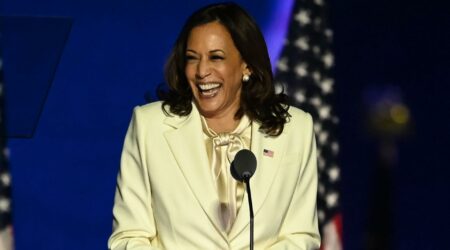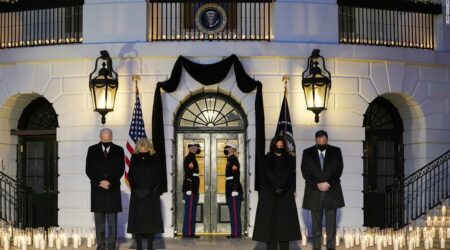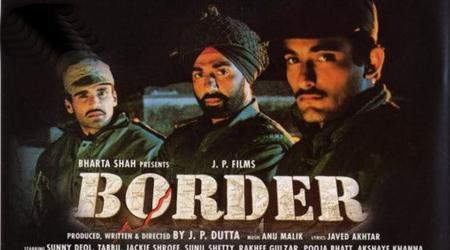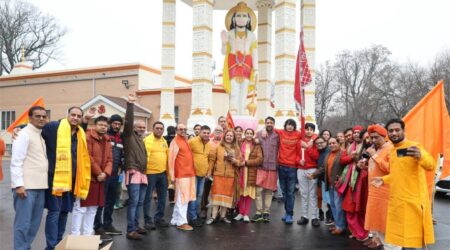By K.S. Tomar
Nepal will have midterm polls following the ouster of Prime Minister K.P. Sharma Oli, but unfortunately the elections come at a time when the Covid-19 pandemic is raging there.
Though elections are due in November, this forced distraction for the nation has come about only due to the obstinate politics of the ousted PM who refused to quit after he lost a majority support in the parliament, and despite all efforts by China to maintain its ‘hegemony’ of India’s neighbor.
Constitutional experts in Kathmandu are aghast over the refusal of the President to give an opportunity to the leaders of Nepali Congress, Maoists Centre led by Pushpa Kamal Dahal ‘Prachanda’, Janata Samajbadi faction headed by Upendra Yadav and Madhav Nepal-Jhala Nath Khanal faction of the CPN-UML to form an alternative government.
The stake of Nepali Congress leader and former PM Sher Bahadur Deuba, claiming a combined strength of 149, was summarily dismissed.
Oli’s Hindutva and nationalism card
PM Oli was harping on the Hindutva element when he kicked up the issue of the birthplace of Lord Ram and Sita in a clear bid for the Hindu vote. And for greater appeal, he claimed Ayodhya belonged to Nepal.
Analysts are sure he will aggressively sell the nationalism appeal showing “the proof” – his attempt to redraw the map and claiming Indian territories as Nepal’s own. Already, Oli is blamed for destroying age-old relations with India.
Many in Nepal thank the Supreme Court for saving democracy by blocking Oli’s game plan by holding his decision to dissolve parliament unconstitutional. The court verdict came amid Oli’s failed attempts to strengthen his hold over Nepal Communist Party, with a little help from China.
Oli – it was widely believed in official and diplomatic circles of Nepal – had been guided, and ‘protected’ by Beijing through its Ambassador, Hou Yanqui. India naturally heaved a sigh of relief at the turn of events in the Himalayan country.
Records have it that the Maoists had seized control of much of Nepal’s countryside in a 10-year anti-monarchy insurgency. Prachanda led the movement but Oli did not honor the agreement to keep himself away from the organization and focus on government. Oli tried to undermine Prachanda’s authority which was the root cause of confrontation between the two.
Local media had reported Oli’s desperate attempts to stay in power, even if that meant seeking help, in vain, from his arch-rival, Nepali Congress. Oli tried to mend fences with India, but it was too late.
(The author is a national columnist and political analyst)


